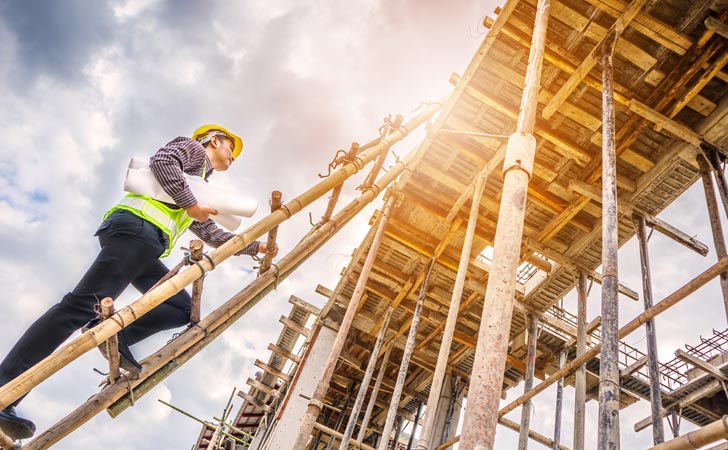You don’t plan on having an accident, and you certainly don’t want to be the one under the microscope should one occur. An accident is defined as an unplanned or unexpected event. It may include people, equipment, vehicles, property, or the environment. Occasionally there are good accidents, but the ones we’re talking about here did or could have caused injuries and property damage. Accidents are usually followed by investigations. The reason that we investigate accidents is to find out why they happened so that we can prevent them from happening again in the future.
Accident investigation is a process during which we try to capture facts and details about the accident. Good investigators look at what led up to the incident, what happened during the incident, and how to prevent the incident from happening again. One method of investigating accidents is root cause analysis. This method defines the problem thoroughly by finding out who was involved, exactly what happened when the accident occurred when contributing events occurred, and where people and equipment were located. Evidence, like pictures, test results, and witness statements, is collected to support these answers. The situation, contributing factors, and results are then tied together by cause and effect to create a complete picture of the accident. The investigator’s final task is to propose solutions and changes that will prevent a reoccurrence.
As a skilled construction worker, one of your primary responsibilities is to avoid and prevent accidents, but we all know that they still happen. You need to think about your role in the accident and how you can help with the investigation. The accident scene can provide a great deal of helpful information. After the injured have been taken care of and the scene is safe, it should be secured. Don’t move anything unless you are instructed to do so by your supervisor or the accident investigator. It’s a good idea to take a few notes and make a quick sketch of the scene or what was happening just before the accident. These steps are especially important if you are in charge on the site. If you witnessed the accident, you may be asked to provide a statement. Respond professionally not emotionally. Relax and explain what you saw and did. Remember, accident investigators, are trying to gather information, not place blame. If you don’t remember anything tell them so. Stick to the facts and avoid hearsay.
SAFETY REMINDER: Asking questions about who, what, when, where and why isn’t just for accident investigations. The answers can also help you improve your work.


